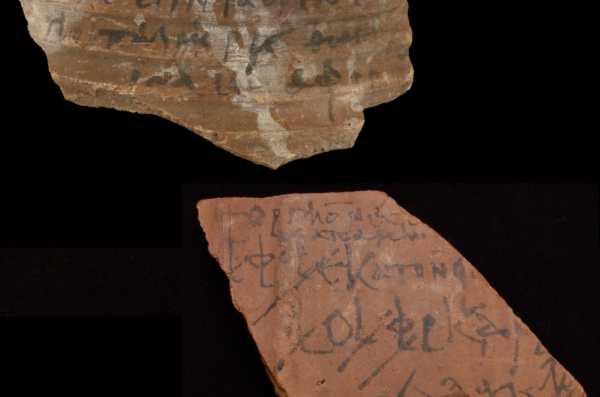
5 VI 2025: Thomas Laver (Cambridge) New Insights into the Organisation of Monastic Estates in Egypt, 5th-9th c.
The growth of the monastic movement in Late Antique Egypt brought with it highly practical concerns for those ascetics that chose to live in communities, with the necessities of survival ...
Czytaj więcej
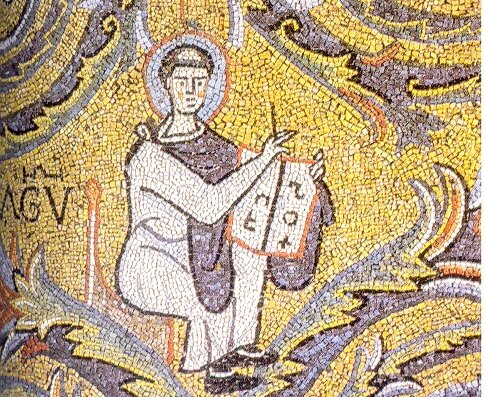
29 V 2025: Przemysław Nehring (UMK) & Aldona Glińska-Neweś (UMK): St Augustine’s Sermons 355-356 as an Example of Communication Strategy in an Institution’s Reputational Crisis – Rhetorical Analysis vs. Modern Crisis Management Theory
This paper examines Bishop Augustine's crisis communication strategy during the "Januarius affair" of 425-426 CE, when the aging bishop delivered two sermons to defend both his monastic institution and personal ...
Czytaj więcej
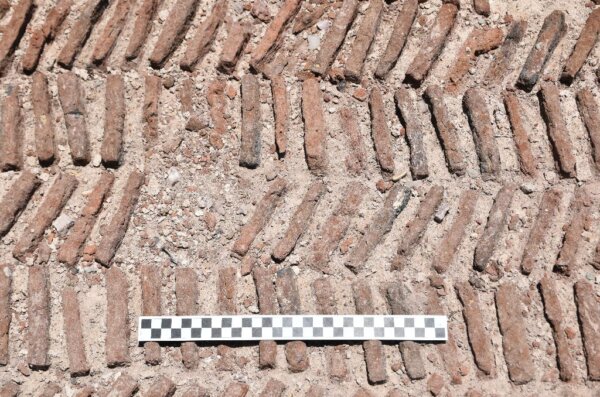
22 V 2025: Szymon Maślak (UW): Brick Industry in Late Antique Alexandria
Although the PCMA UW excavations at the Kom el-Dikka site, conducted since 1960, have uncovered numerous examples of brick or mixed stone-brick constructions, Alexandria remains comparatively underexplored in the field ...
Czytaj więcej
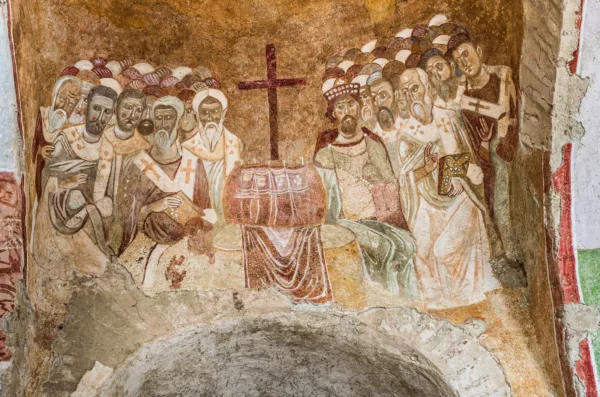
15 V Peter Van Nuffelen (Universiteit Gent) The Easter Date at the Council of Nicaea: Old and New Evidence
Czytaj więcej
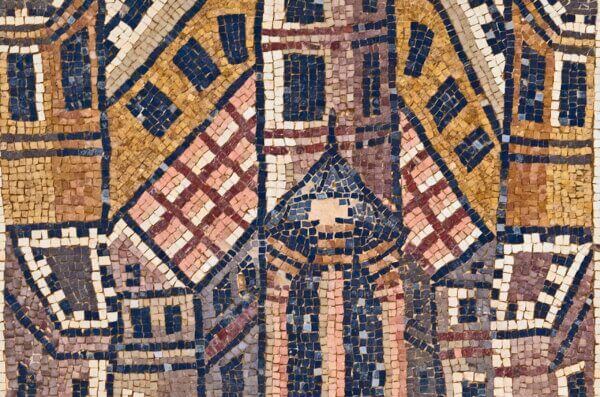
8 V 2025 Stephen Shoemaker (University of Oregon): Religious Literacy in the Late Ancient Near East: Liturgical Catechesis and Not-So-Simple Believers of Roman Arabia
Recent scholarship on late antique Near Eastern religious culture has rightly brought renewed attention to questions of literacy. It is well established that most Christians—and others—in the region were functionally ...
Czytaj więcej
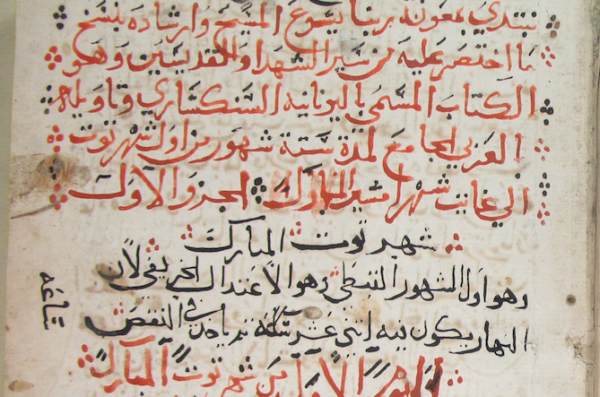
24 IV: Perrine Pilette (CNRS – UMR8167 Orient & Méditerranée) Patriarchs, Month After Month : Rewritings of the History of the Patriarchs of Alexandria in the Copto-Arabic Synaxarion
The Coptic-Arabic Synaxarion, compiled at the turn of the Mamluk period, organizes the commemorations of saints and martyrs according to the Coptic calendar. Among these holy figures, the patriarchs hold a prominent ...
Czytaj więcej






